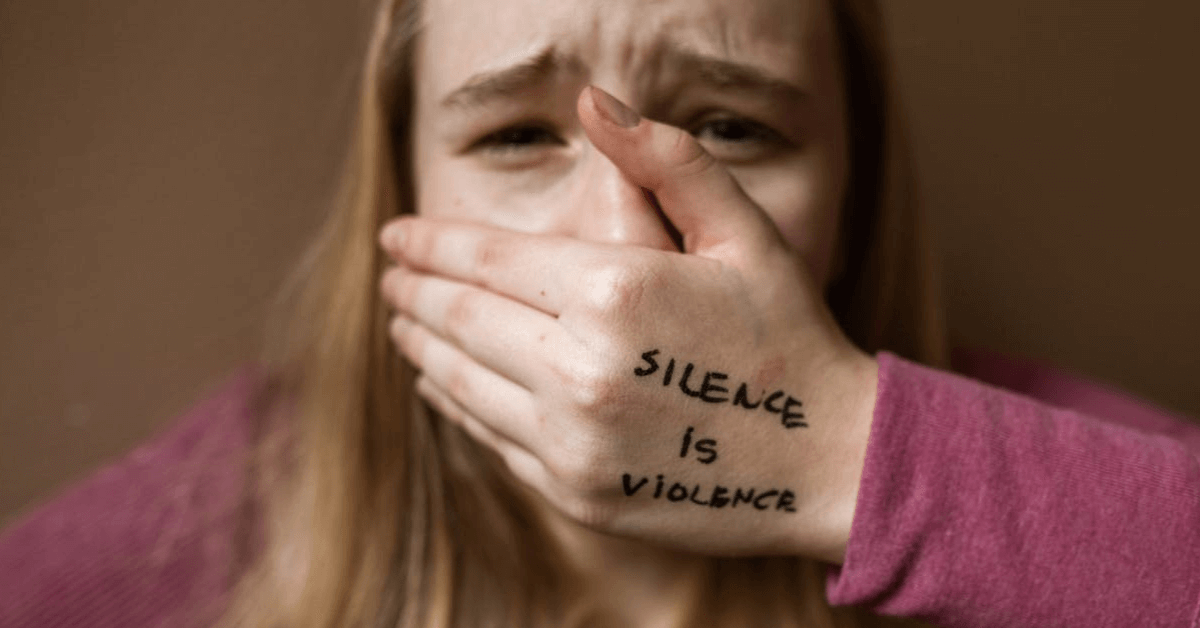A Domestic Violence Order (DVO) is a legal protection issued by a court to safeguard individuals from domestic violence.
It imposes specific conditions on the person who has committed the violence (the respondent) to prevent further abuse.
These conditions may include no-contact orders, prohibitions on approaching the victim, and requirements to vacate the family home.
The primary goal of a DVO is to ensure the safety and well-being of the victim.
New legal changes recognise financial abuse as family violence. Courts can now suppress access to sensitive counselling records where disclosure could harm a victim.
Key Takeaway: A Domestic Violence Order is a legal tool designed to protect individuals from further domestic violence by imposing restrictions on the respondent.
Types of Domestic Violence Orders
There are two main types of Domestic Violence Orders:
- Temporary Protection Order (TPO): Issued quickly to provide immediate protection to the victim until a final decision is made.
- Protection Order: A long-term order issued after a court hearing, providing ongoing protection to the victim.
Both orders can include various conditions tailored to the victim’s specific needs.
Key Takeaway: Temporary Protection Orders offer immediate safety, while Protection Orders provide long-term security through court-imposed conditions.
Also read: Types of Intervention Order
Applying for a Domestic Violence Order
To apply for a DVO, the victim or someone on their behalf such as a police officer, can file an application with the local magistrates’ court.
The application should detail the incidents of domestic violence and any evidence supporting the claims.
If the situation is urgent, a temporary order can be issued quickly, followed by a hearing for a final protection order.
Key Takeaway: The application process involves filing detailed accounts of the abuse with the magistrates’ court to obtain necessary legal protection.
The Court Hearing Process
During the court hearing, both the applicant and the respondent can present their evidence and arguments.
The court will consider the evidence, the safety of the victim, and the respondent’s history of violence before making a decision.
If the court finds that domestic violence has occurred, it will issue a Protection Order with specific conditions.
Key Takeaway: The court hearing allows both parties to present their cases, with the court ultimately deciding based on evidence and safety considerations.
Conditions of a Domestic Violence Order
Conditions included in a DVO can vary, but commonly they may:
- Prohibit the respondent from contacting or approaching the victim.
- Require the respondent to move out of the shared home.
- Restrict the respondent from attending certain places.
- Mandate the respondent to attend counselling or behaviour change programs.
These conditions aim to prevent further abuse and provide a safe environment for the victim.
Key Takeaway: DVO conditions are tailored to prevent future abuse and ensure the victim’s safety and peace of mind.
Breaching a Domestic Violence Order
Breaching the conditions of a DVO is a criminal offence. If the respondent violates the order, the police can arrest and charge them. Penalties for contravening a DVO can include fines, imprisonment, or both, depending on the severity of the breach.
Key Takeaway: Violating a DVO is a punishable offence, reinforcing the order’s role in protecting the victim from further harm.
Intervention Orders (IVO)
In some Australian jurisdictions, an Intervention Order (IVO) can be issued, serving a similar purpose to a DVO by providing legal protection against violence, harassment, or intimidation. These orders can include conditions to prevent further contact and ensure the safety of the victim.
Key Takeaway: Intervention Orders are another form of legal protection, ensuring the safety of individuals from various forms of violence and harassment.
National Domestic Violence Order Scheme
The National Domestic Violence Order Scheme ensures that DVOs issued in any state or territory are recognised and enforceable across Australia. This national approach provides consistent protection for victims, regardless of where they move within the country.
Key Takeaway: The national scheme ensures uniform protection for victims across all Australian states and territories.
What Evidence Do You Need for a DVO
To apply for a Domestic Violence Order (DVO), you will need to provide evidence demonstrating that domestic violence has occurred and that a DVO is necessary to protect you or someone else.
This evidence can include physical proof like photographs of injuries, medical reports, and police reports detailing any incidents of abuse.
Witness statements from friends, family members, or neighbours who have observed the violence or its aftermath can also strengthen your application.
Additionally, digital evidence, such as text messages, emails, social media posts, and phone recordings that show abusive or threatening behaviour, may be submitted to support your case.
It is important to provide a clear and detailed account of the incidents, including dates, times, and descriptions of the violence or threats, to help the court understand the nature and extent of the domestic violence.
Seeking Help and Support
Victims of domestic violence can access various support services, including legal assistance, counselling, and emergency accommodation. These services provide critical support and resources to help victims navigate the legal process and ensure their safety.
Key Takeaway: Support services offer comprehensive assistance to victims, aiding them in securing legal protection and emotional support.
Director of Melbourne Family Lawyers, Hayder manages the practice and oversees the running of all of the files in the practice. Hayder has an astute eye for case strategy and running particularly complex matters in the family law system.





